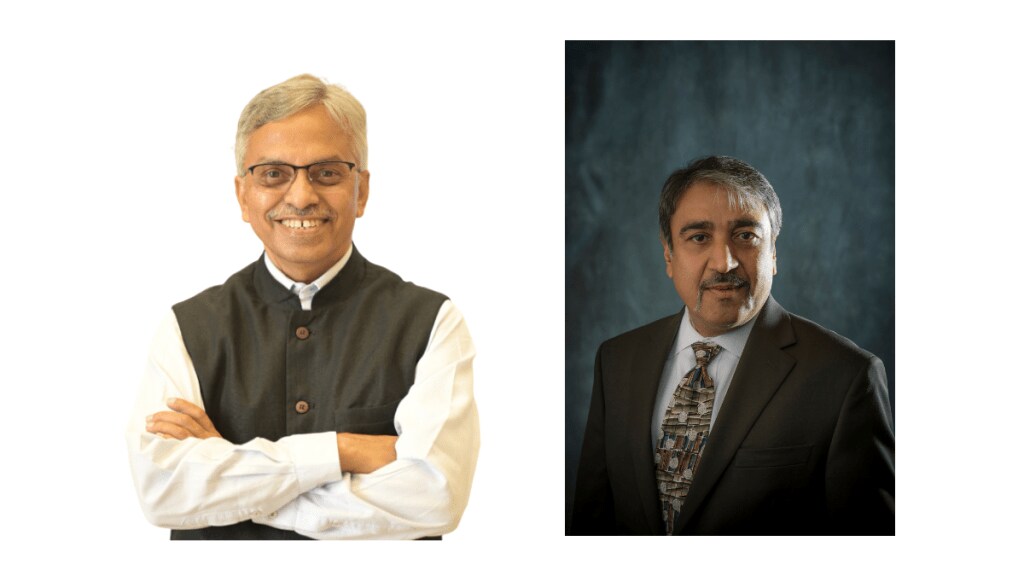By Anvitii Rai
Collaborations between educational institutions have become more common in the digital world; in most of these, several minds have come together to solve common problems. This is the nature of the recent MoU signed by Plaksha University with the University of California San Diego. In conversation with FE’s Anvitii Rai, Prof Rudra Pratap, vice-chancellor, Plaksha University, Mohali, and Prof Pradeep Khosla, chancellor, UC San Diego, explain the nature of their partnership. Excerpts:
Why did these two universities partner with each other?
Prof Pratap: This MoU will lead to joint research programmes, and faculty and student mobility. You typically start with one or two areas to build an interuniversity relationship. In our case, we have chosen data science. As we bring researchers together from the two universities, we start getting into interesting areas and problems. Bigger problems always require lots of heads and hands on deck. Therefore, we are trying to bring together expertise from the two institutions.
What are the problems you want to focus on?
Prof Khosla: The data sciences Institute at the UC San Diego is relatively new. It was structured in a manner that it belongs to no college. It initially reported to me directly, and the idea was that data science was going to impact every area and every problem—climate change, genetics, sequencing, political polling and so on.
You mentioned mobility. Does that include exchange programmes?
Prof Khosla: I can imagine that students from India might want to do internship over the summers in the US and vice versa. There are issues and problems and data sets that are so typically Indian and rich that you will not get access to them in the US.
Does this also include faculty members?
Prof Khosla: The likelihood of a faculty member from UC San Diego coming to Plaksha is very high. It might be short term, like one week or month at a time. Plaksha has a great deal of capacity, and we can imagine faculty members visiting UC San Diego, too.
Prof Pratap: For the longer term, perhaps on sabbatical as well. Those possibilities are all viable.
How do you intend to scale this partnership?
Prof Pratap: Visiting faculty members are not only looking at talking to data science faculty members here, they will interact with other faculty members, too. Through those interactions, very interesting research problems usually get defined in other fields, like smart agriculture. These are the areas where we will be obviously expanding on. There is so much that we can gain from each other. Prof Khosla rightly pointed out the diversity of India and the kind of data that we have is absolutely gold mine. Thus, there is benefit to both sides at all levels.


